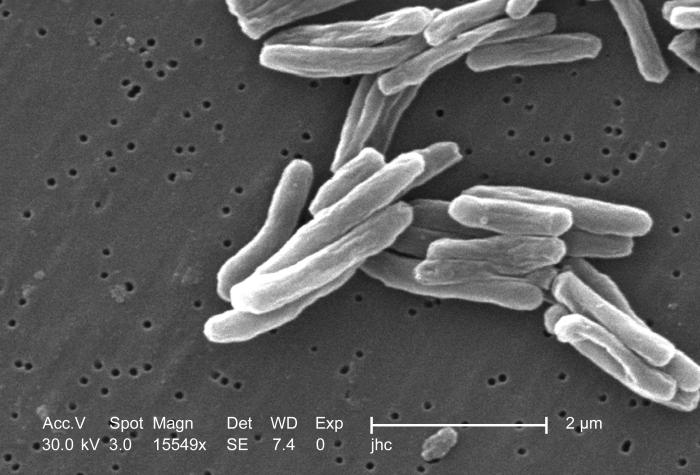Calling all researchers in tuberculosis
Editors are sometimes asked while out and about in the community, why it is that we attend conferences. Most folk presume we’re there to gather material, perhaps to write up a meeting report for the journal. For conference-going PLOS Biology editors, meeting reports are not really on our agendas (since at PLOS Biology, we don’t routinely publish these), but we’re certainly there to gather information: about the topic (what’s new, trending, old news) and about the community (who’s who; who would be well-placed to review articles in this field; who could write a fabulous Essay or Unsolved Mystery for our magazine section; and who could bring their wisdom and charisma to our editorial board – which, incidentally, we’re striving to diversify).
We’re also there to spread information about what we’re doing at PLOS and about what our journals can offer you. I’d like to start this conversation here, ahead of attending the joint Keystone symposia on tuberculosis, which are due to take place this week at the mountain resort of Whistler in Canada.
Since the last double-billed Keystone meeting on Tuberculosis (TB) in January 2011, PLOS has published 702 papers on tuberculosis – as copyright for these articles remains with the authors, and since they were published under the CC-BY licence, these articles are free to access and to reuse, as long as the authors are credited. While each of PLOS’ seven journals published a proportion of these, 608 papers appeared in PLOS ONE, which is now the largest journal in the world.
Below is a flavour of the breadth of PLOS Biology’s coverage in this field:
Metabolic Regulation of Mycobacterial Growth and Antibiotic Sensitivity by Seung-Hun Baek, Alice H. Li, Christopher M. Sassetti (2011)
Human Mucosal Associated Invariant T Cells Detect Bacterially Infected Cells by Marielle C. Gold, David M. Lewinsohn and colleagues (2010)
High Functional Diversity in Mycobacterium tuberculosis Driven by Genetic Drift and Human Demography by Ruth Hershberg, Sebastien Gagneux and colleagues (2008)
You’ll notice that the wider range of articles at PLOS Biology reflects the reach of this month’s Keystone symposia to include host immune responses to bacterial pathogens, disease ecology, bacterial genetics, bacterial physiology and systems biology.

Tuberculosis research is a field we deem to be of particular importance and broad impact and is one that warrants publication in an open access journal, such as PLOS Biology. We’d like to publish more TB-related papers than we do currently, and as such we invite you to submit your best work to us.
What can we offer you in return?
We can offer you the combined strength of two successful editorial models: the services of a team of professional staff editors, who bring to the table an impressive number of collective years of scientific training, and editorial experience to support a consistent, thoughtful, ethical and collaborative editorial process. We work in partnership with practicing scientists on our Editorial Board, who have been selected for their standing and experience in their fields. Together, we screen submissions to identify those with potentially significant findings for the field and we work to pursue the best-placed reviewers to assess the impact and strength of these select studies. Our partnership with academic editors ensures that requested revisions are limited to the essential and that decisions are fast and fair.
Beyond ensuring that your paper is published with a license that accredits you as the author and provides every opportunity for reuse, every published manuscript is accompanied by an author summary that is written with the non-specialist scientist in mind and that is edited carefully by the editorial team. We also select the most noteworthy papers to feature in a synopsis that is commissioned from a professional science writer, or in a primer written by an expert in the field. After publication, PLOS tracks the impact of your paper on the community and presents real-time article-level metrics that reflect downloads, social media interest and citations.
As one of the editorial team who handles TB-related submissions for the journal, I will be attending the forthcoming Keystone meeting on TB. I’d be pleased to meet you there and to talk with you about work you are ready to submit, or if you are interested in joining the PLOS Biology community as a reviewer, editorial board member or blogger. Please contact me at the Biologue email address (biologue[at]staging.plos.org). If you are planning to attend the meeting, be sure to pick up one of our few remaining 2013 PLOS Biology calendars featuring our favourite issue images.
